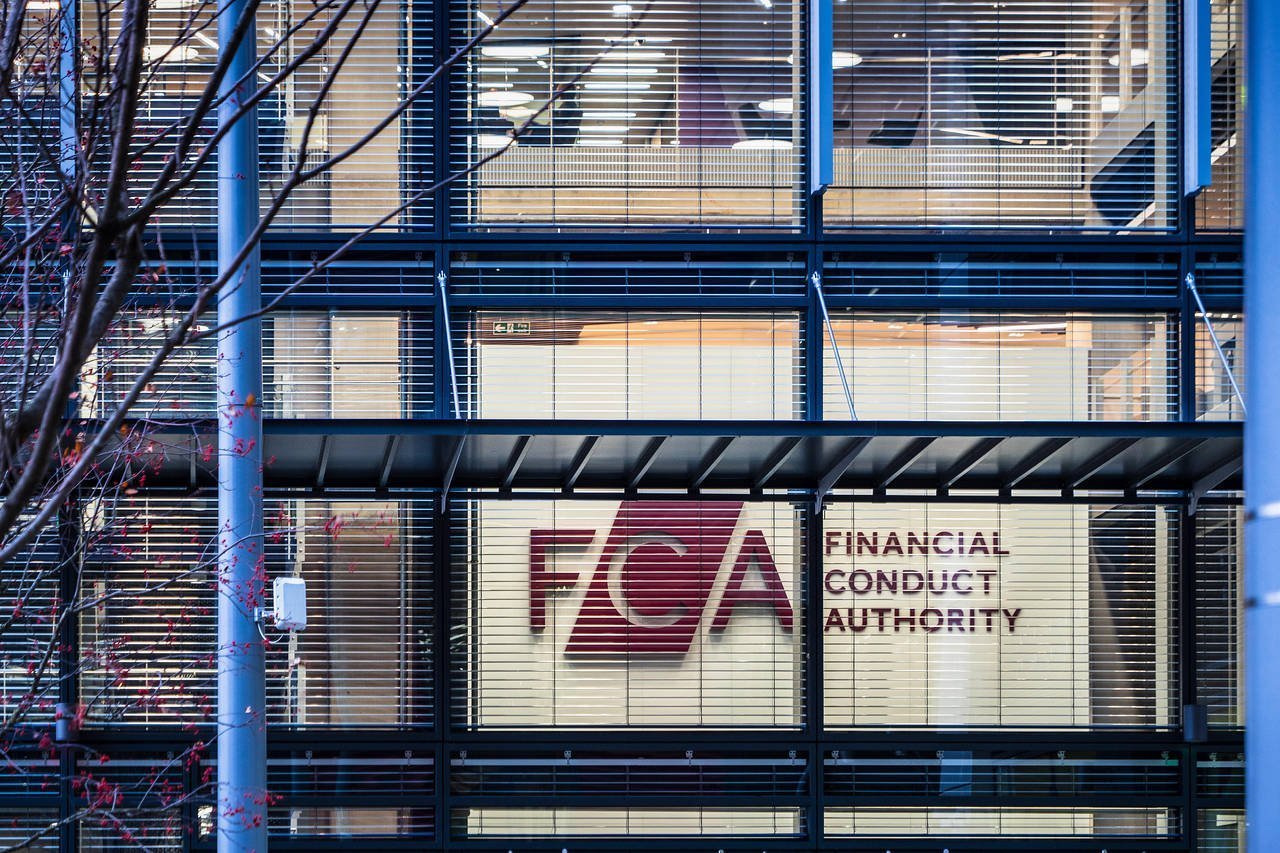FCA Extends Deadline for Crypto Firms to Meet Regulatory Requirements in UK – The Financial Conduct Authority (FCA) in the United Kingdom updated material on the Temporary Registration Regime on its website on Wednesday, ahead of the April 1 deadline for crypto companies to register.
The Temporary Registration Regime was established in December 2020 to allow current crypto firms that applied for registration before December 16, 2020 to continue functioning while their applications were being assessed by the FCA.
The FCA provided the following details:
“We have concluded our assessments, and the TRR will close on April 1st, save for a small number of businesses for whom interim registration is absolutely necessary.”
The regulator noted, “This is needed where a firm is seeking an appeal or has unusual winding-down circumstances.”
Also Read: Bank of Spain Warns About Risk of Extended Use of Unregulated Cryptocurrencies in the Country
While waiting for the FCA to review their applications, over a hundred companies requested for temporary permission to operate in the UK. More than 60 businesses were turned down or withdrew their applications.
According to the recent list on the FCA website, only 12 firms have interim registration. Blockchain.com, BCB Group, Copper Technologies (UK), Cex.io, Globalblock, GCEX, BC Bitcoin, ITI Digital, Revolut, Tokencard (Monolith), Moneybrain, and Coindirect are the companies involved.
FCA Extends Deadline for Crypto Firms to Meet Regulatory Requirements in UK – A total of 33 businesses have received approval. “To ensure that they meet the basic standards we expect, we’ve been reviewing crypto asset firms’ applications, and that the majority of those running these firms are competent, and have appropriate systems in place to recognize and prevent money flows from crime,” an FCA official told Yahoo Finance U.K. on Wednesday.
Also Read: Gumi Cryptos Reveals $110 Million Fund Targeting Early-Stage Blockchain Startups
The spokesperson continued:
“We’ve registered 33 firms, but we’ve observed a lot of financial crime red flags that crypto asset enterprises seeking registration have missed.”
“Worse yet, we’ve witnessed instances where companies lack the controls required to raise red flags in the first place,” the spokesperson concluded.




